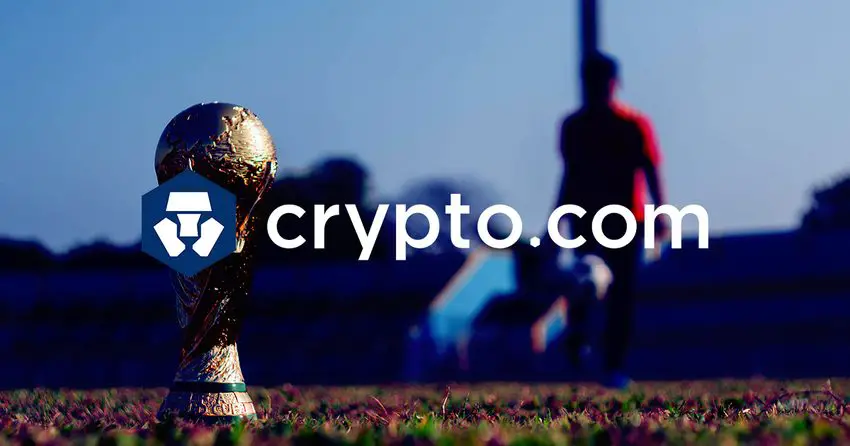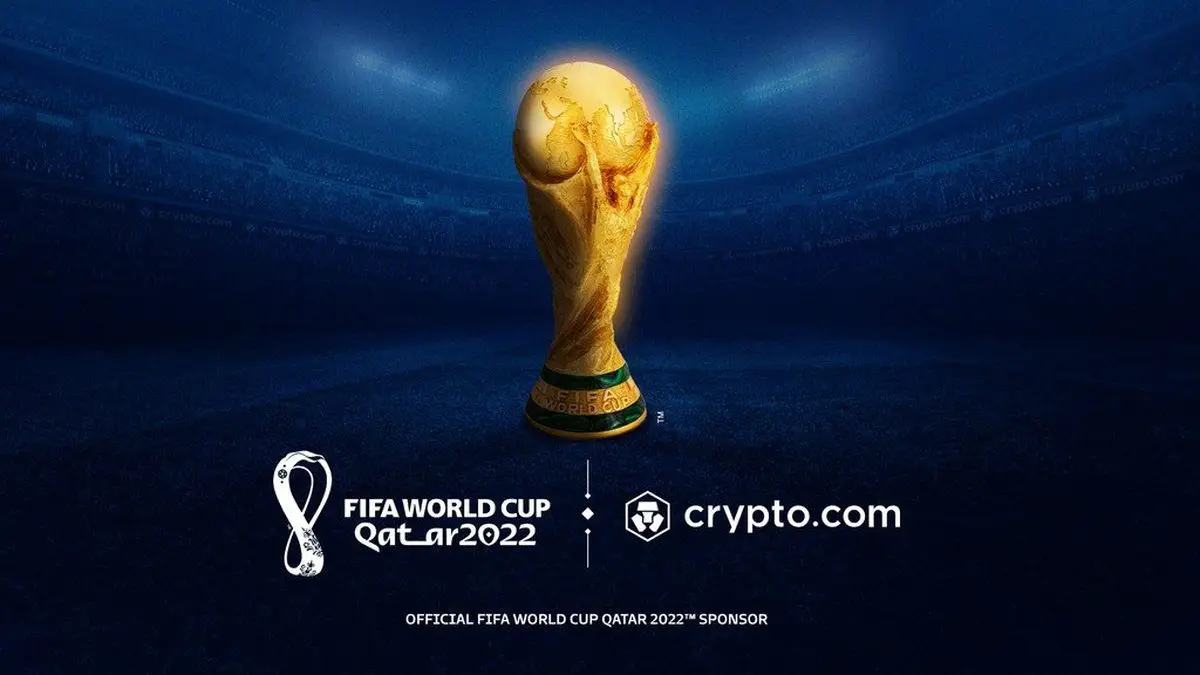Crypto.com sponsorship to Fifa World Cup 2022. FIFA, an international governing body for many major soccer tournaments, has announced that cryptocurrency exchange Crypto.com will be an official sponsor of its next World Cup in Qatar.
In a Wednesday announcement, the association said Crypto.com’s branding will appear both inside and outside of stadiums for the FIFA World Cup Qatar 2022 scheduled to begin in November. The crypto exchange will provide opportunities for its users to attend matches and win official merchandise as part of the sponsorship.
The deal will promote the game “on a worldwide level,” according to FIFA’s Kay Madati, citing Crypto.com’s involvement with other international organizations. In November, the exchange signed a 20-year naming rights agreement for the Staples Center in Los Angeles, renaming it the Crypto.com Arena.
In addition, the company has partnered with the Australian Football League in a $25 million contract, signed a $100-million sponsorship agreement with Formula 1, and secured a 10-year $175 million sponsorship deal with the Ultimate Fighting Championship.

PSG enters the Metaverse
Crypto.com sponsorship to Fifa World Cup 2022
Given the global popularity of soccer on the world stage, Crypto.com is expected to attract a more international audience, making it possible for residents of Qatar to trade cryptocurrencies including Bitcoin (BTC) in 2020. Since the country’s central bank announced a prohibition in 2018 — and reaffirmed in January 2020 by the Qatar Financial Centre Regulatory Authority — Crypto.com is likely to appeal to a broader audience owing to its widespread use throughout the world. According to FIFA, 3.55 billion individuals watched the 2018 FIFA World Cup in Russia, with over a billion people tuning in to the final between France and Croatia.
The event has been dogged by allegations of corruption and bribery going back to the bidding process for Qatar 2022. The United States Department of Justice indicted three individuals linked to “the payment and receipt of bribes and kickbacks” in April 2020, including two officials from FIFA who were charged with racketeering conspiracy, wire fraud, money laundering conspiracy, and commercial bribery conspiracy. Furthermore, Human Rights Watch has claimed that workers were subjected to abuse and slave-like working conditions while constructing the infrastructure for the event.





